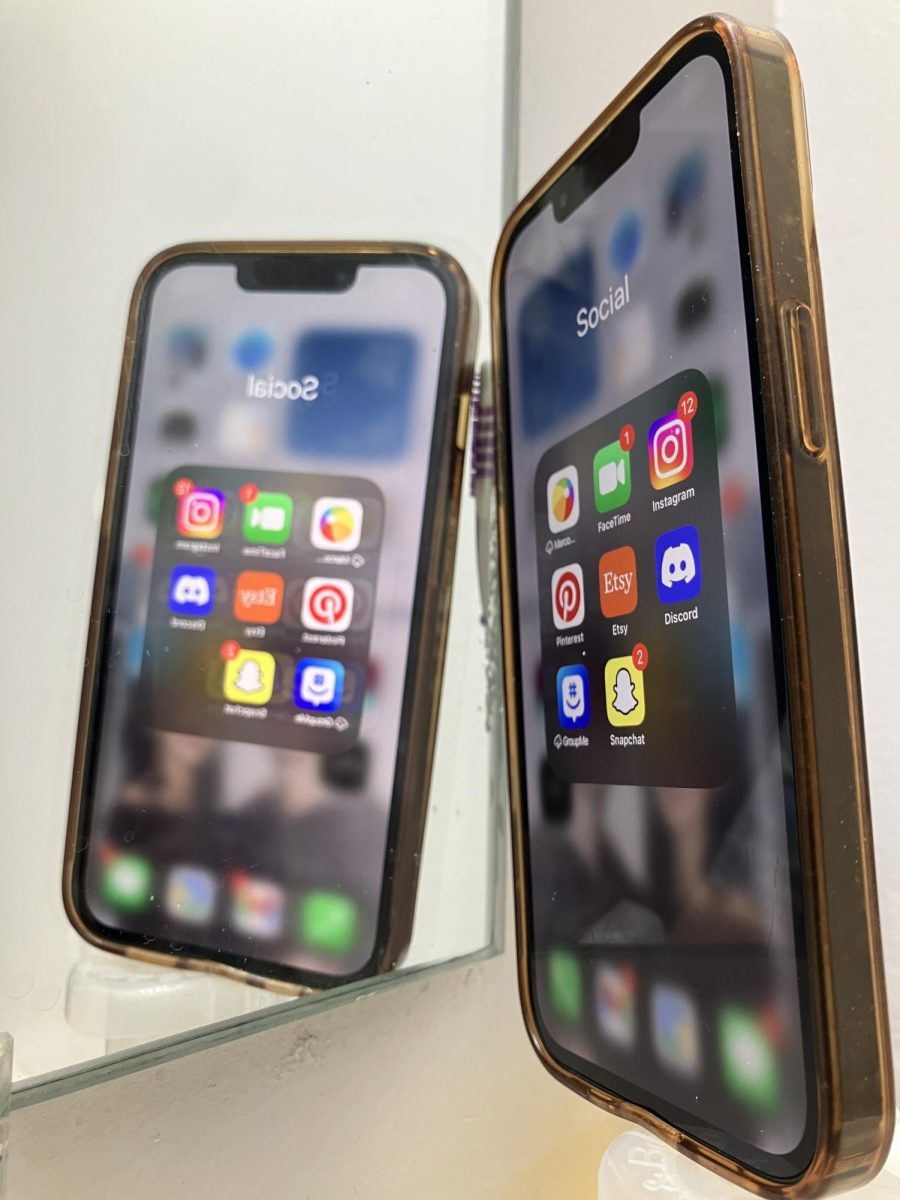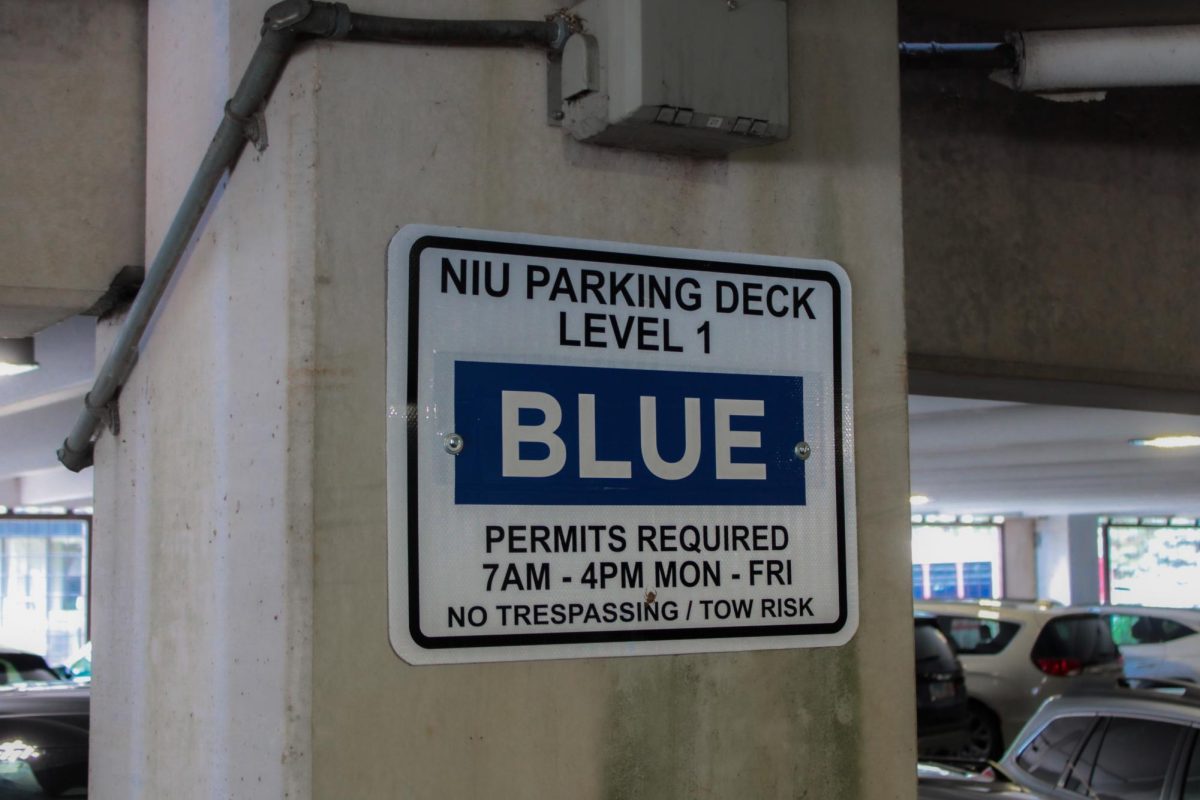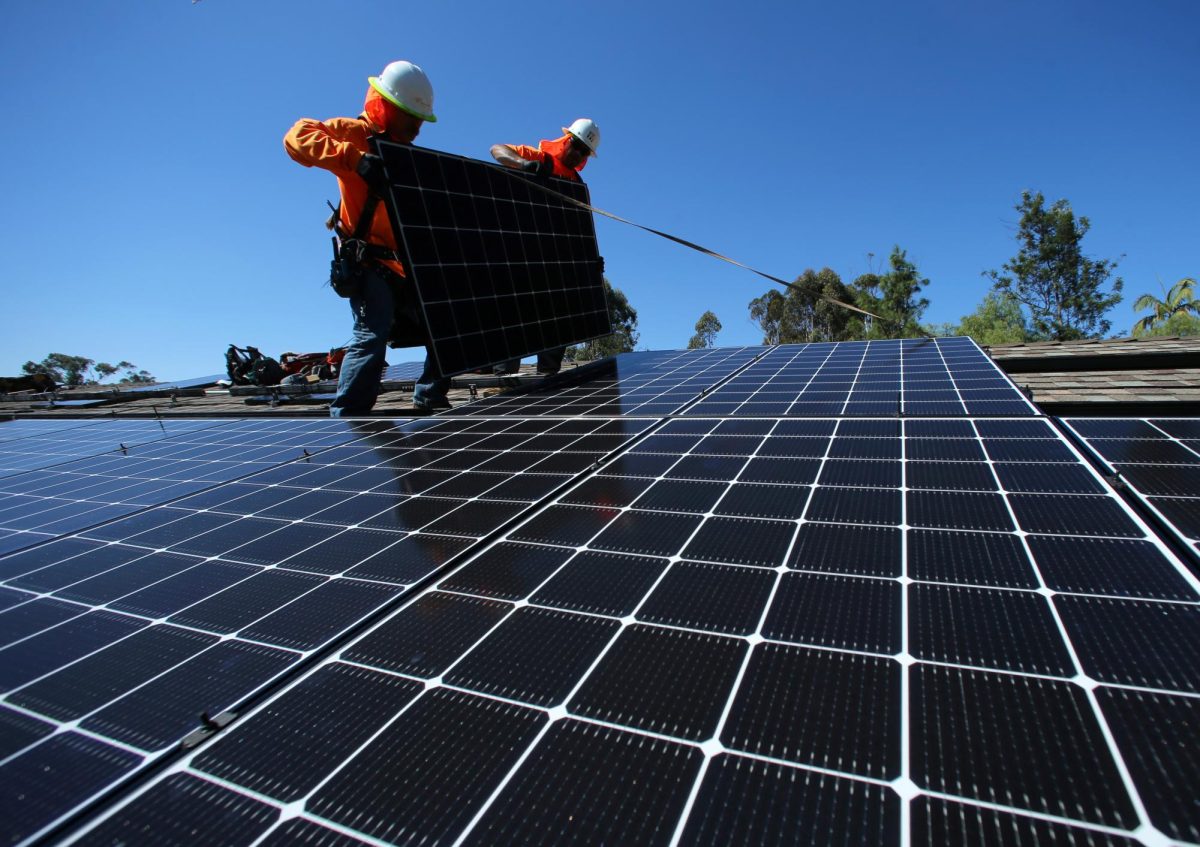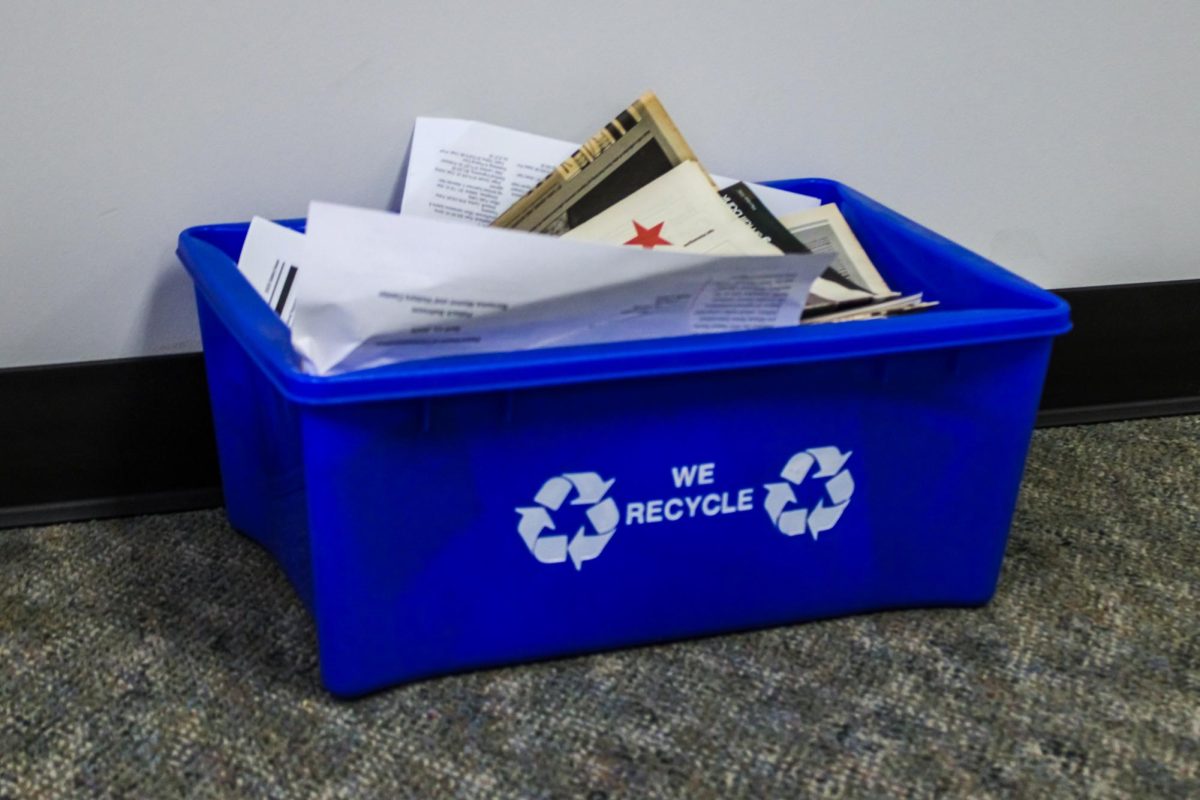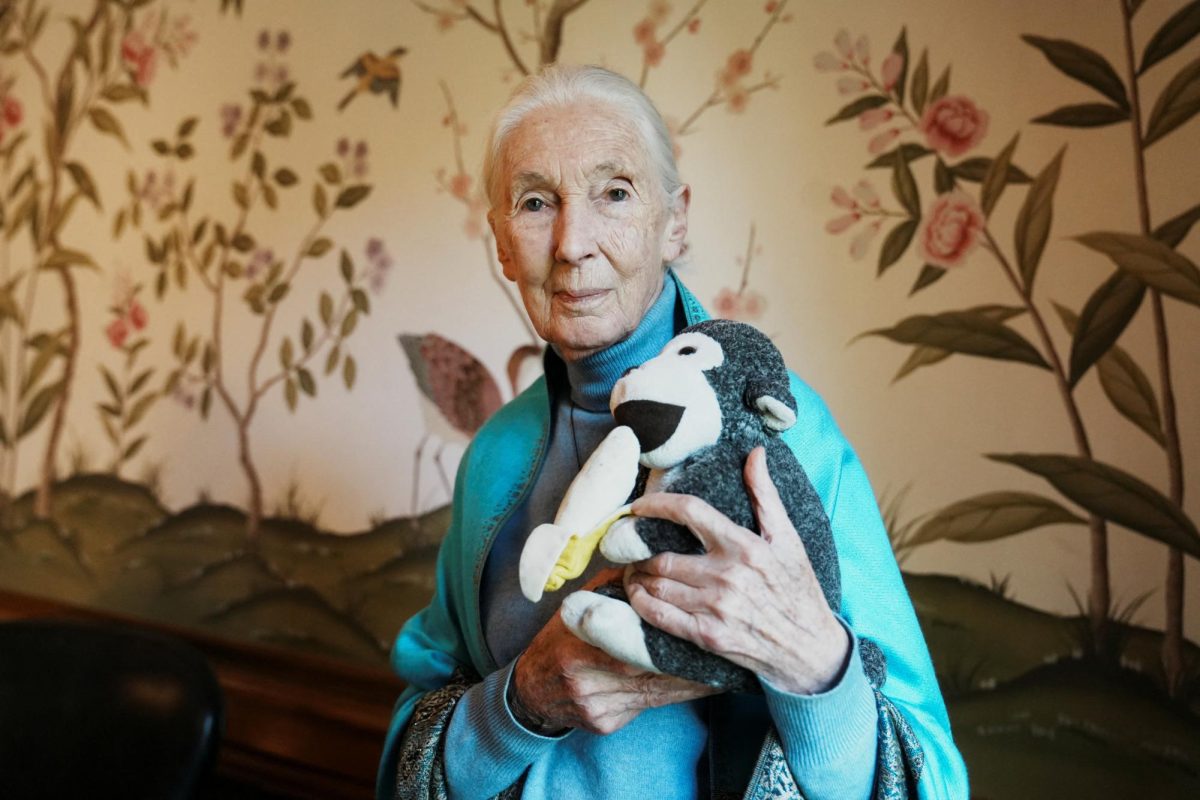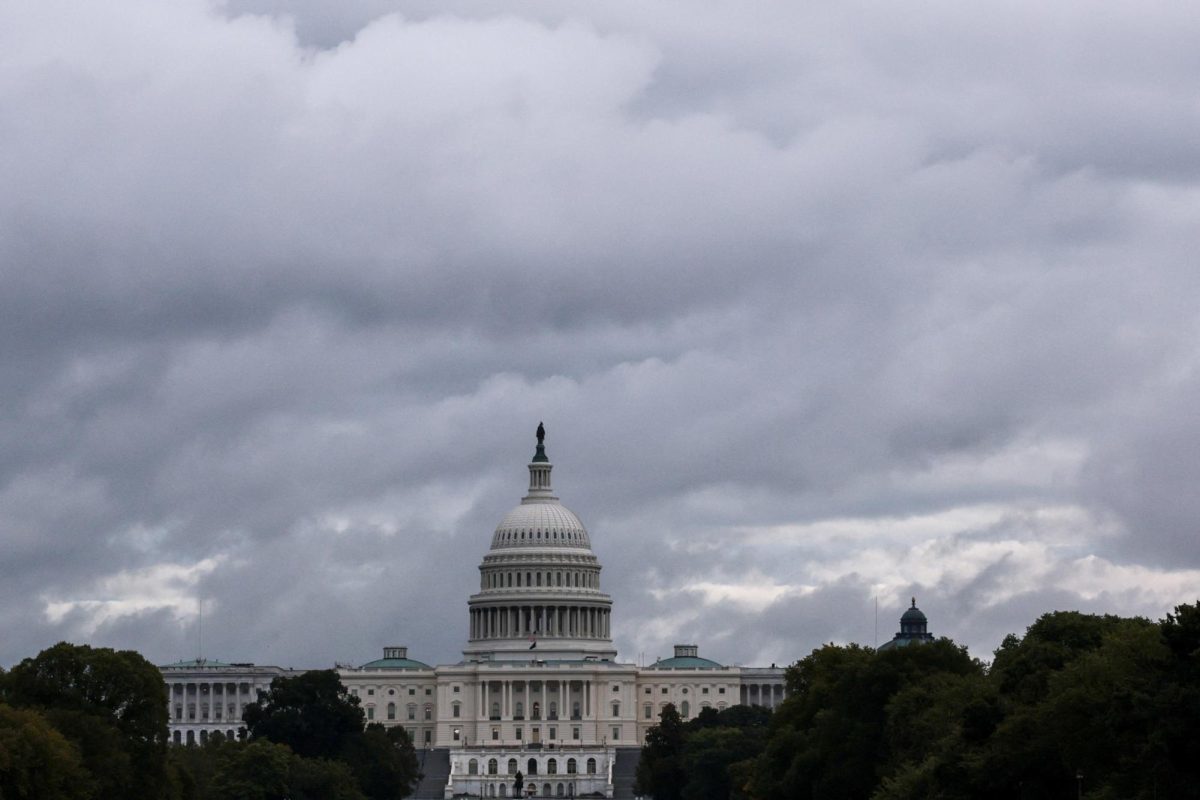A young man scrolls instagram and sees his classmates posts. They post their travels, their friends and their accomplishments. The young man feels inferior because his life feels so mundane compared to theirs.
A teenager in today’s world will grow up in a culture where social media plays a huge societal role. This is good because it shows the advancement of technology and the way people have become interconnected.
However, those benefits can be far outweighed by the negatives of social media. As teens grow up, they may find themselves hampered by the constant pressure of keeping up with their peers online and develop insecurities based on comparisons.
Social media is problematic, and much of the harm it causes comes down to human nature. People have harmful tendencies and tend to view themselves negatively. This is a longstanding phenomenon known as social comparison. On social media, this phenomenon gets amplified and can lead to an unhealthy relationship with oneself that worsens with social media usage.
Suzanne Degges-White, NIU’s chair of counseling and higher education, stated social media causes harm and acknowledged part of it comes from America’s comparison culture.
“So it’s that whole comparison piece,” Degges-White said. “And it’s human nature in a way, you know if we think back to the expression ‘Keeping Up With the Joneses.’ It was this idea that if one family or someone got something like a new car, well, every other family in the neighborhood is gonna have to get a new car in the driveway too.”
This is the greater sense of comparison that exists in people and always has. The idea of ‘Keeping Up With the Joneses’ is an old philosophy but still exists today and is exacerbated by social media.
Degges-White said while there are positives to social media, harm is always present.
“So the benefit is that we keep up with people, but the negative is we want to keep up with what they’re doing, so it’s kind of that double edged sword,” Degges-White said.
A double-edged sword is the perfect representation of social media. It adds a lot to society but also takes away from it. Social media is viewed as far too important than it actually is.
At the end of the day, social media isn’t actually part of the real, physical world. It is simply a virtual creation of things in the real world.
The dependence on and over-valuing of social media causes people’s insecurities to expand, harming people’s mental health. Social media envy has been found to increase levels of depression and anxiety, according to the National Library of Medicine.
Social media connects everyone and makes the world feel bigger, but it is important to remember social media does not define our character. People cannot allow themselves to feel poorly simply based on what they see from others. Young people are especially vulnerable to this pressure to fit in and belong that has been amplified by the digital age.
Be smart with your social media usage.
“You have to be a wise consumer,” Degges-White said. “It’s like alcohol, it’s like cigarettes, it’s like marijuana. All of these things are legal, but you still have to be smart when you use them.”
Indeed, the way people use social media is incredibly important. Like illicit substances, it must be used wisely and in moderation. In a world where people constantly struggle with negative impacts of social media, we should prioritize less screen time.
“Social media becomes people’s identity. It can consume them and become a thing that is make or break,” said Chance Lira, a junior communications student “If you’re being consumed, just take a break. Being off of your phone won’t hurt you. It is a dependency, but taking a break can help you break it.”
Breaks – like the ones Lira describes – are especially good. People should limit themselves to an hour a day on social media as opposed to the current average of around two hours, according to data website demandsage. Less time spent on apps will help people have a healthier relationship with social media.
Time of the day is another factor in the use of social media. Lira, like many people, consumes social media right before bed, mainly TikTok.
“It definitely makes my sleep worse,” Lira said. “It’s super easy to fall into a rabbit hole of scrolling and before I know it, a lot of time has passed.”
Habitually using your phone before bed can be a common vice for people today, but it’s one people should turn away from due to its negative effects. In conjunction with less screen time, staying off your phone at night could help people’s health tremendously.
Social media can be great, but its dark side far supersedes its greatness. While it is impossible to close the Pandora’s box of the internet, we can mitigate to keep ourselves less stressed, less anxious, and less depressed.


